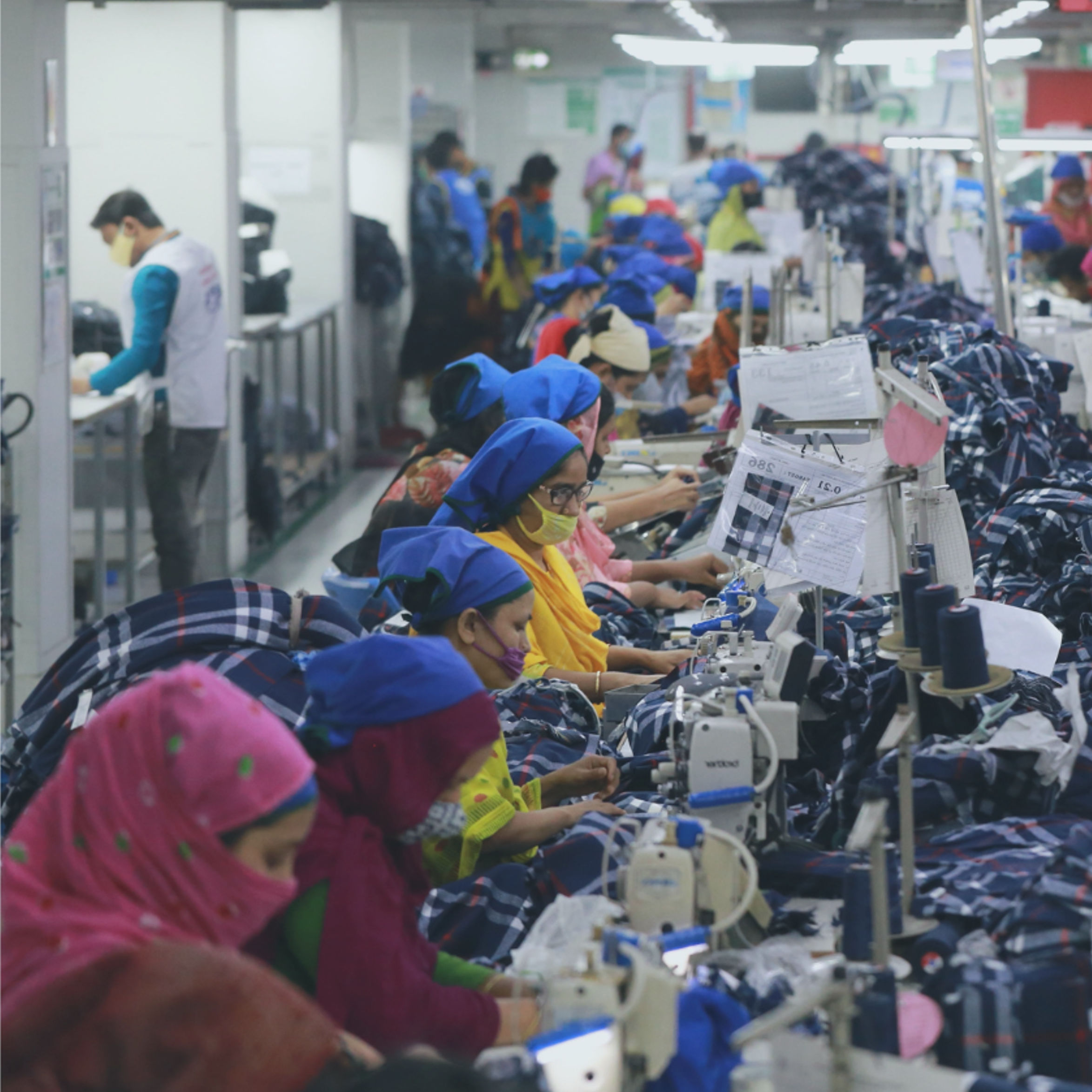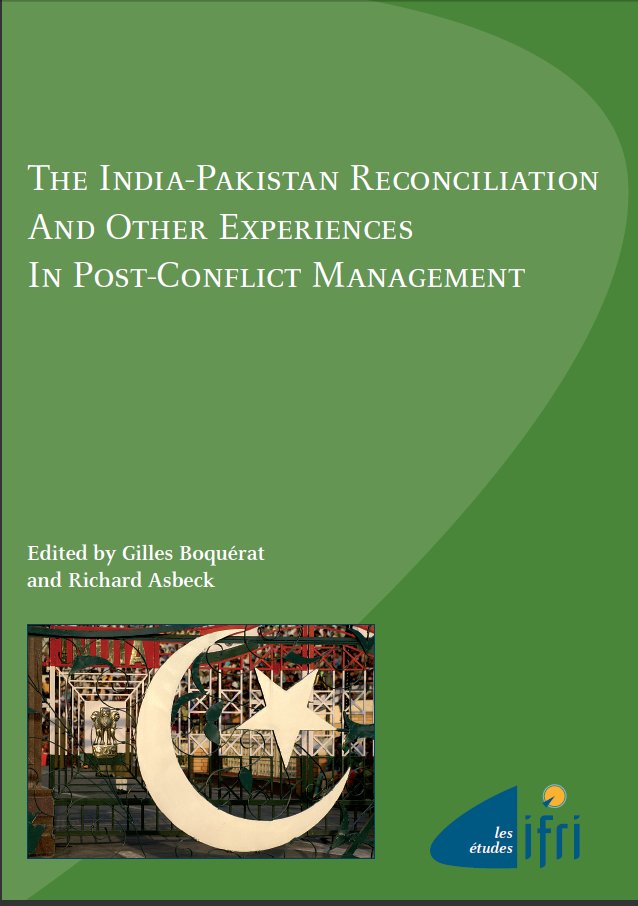South Asia
South Asia, a field of rivalry for influence between China and India, continues to experience high levels of intra-state violence in certain areas (Afghanistan, Baluchistan, Jammu and Kashmir).

China-India Relations: Strategic Engagement and Challenges
Sino-Indian relations have become increasingly significant and produced widespread implications. The evolving bilateral relationship is reasonably seen as a result of their shifting strategies and the ever-changing global politico-economic situation. On the political front, high-level interaction plays an important role in improving Sino-Indian ties. The political willingness to improve relations helps kick-start the significant process of building confidence and trust in different areas and at various levels.
Fiscal Deficit, Crowding Out, and the Sustainability of Economic Growth: The Case of the Indian Economy
This study examines the long-run relationship between the fiscal deficit, the crowding out of private capital formation and net exports for the Indian economy during the period from 1980-81 to 2008-09.
A Shadow over the Himalayas: India's Tibet Problem
This article explains the central role of the Tibetan issue in complicating Sino-Indian relations.
Hospital Chains in India: The Coming of Age?
In many countries, the provision of hospital care is turning into an industry with the increasing presence of large corporate hospital chains. Along with public agencies and small private operators, corporations are now investing in the Indian hospital sector.
Since the 1980s, health sector reforms and the liberalization policy in India have created new profit-making opportunities in the health care market for local and international corporations. A new pro-market regulatory environment has helped private corporations to invest in the hospital sector.

The India-Pakistan Reconciliation and Other Experiences in Post-Conflict Management
Since the November 2008 attacks in Mumbai, the India-Pakistan dialogue has been at a standstill. Through analysis from German, French, Indian and Pakistani authors and in reference to other reconciliation processes between counties with a long history of hostility, this work explores the paths likely to favor a sustainable rapprochement between the two nuclear powers of South Asia.
Breaking New Ground: Congress and Welfarism in India
Social welfarism played a decisive role in giving substance to the inclusive policies of the Congress government and the results of 2009 elections show that voters have given a mandate for the continuation of such welfare-oriented policies. This paper tracks the processes that paved the way for a radical shift leading to the adoption of a wide range of policies that reflect a social democratic flavour.
India's Foreign Investment Policy: Achievements & Inadequacies
India"s conscious shift in the early 1990s from an inward-looking development strategy to a globalized market-based approach resulted in significant changes in its foreign investment policy. Till the 1990s, the policy was heavily restrictive with majority foreign equity permitted only in a handful export-oriented, high technology industries. Outward-oriented reforms radically changed such perceptions with foreign investment policy becoming progressively liberal following steady withdrawal of external capital controls and simplification of procedures.
Support independent French research
Ifri, a foundation recognized as being of public utility, relies largely on private donors – companies and individuals – to guarantee its sustainability and intellectual independence. Through their funding, donors help maintain the Institute's position among the world's leading think tanks. By benefiting from an internationally recognized network and expertise, donors refine their understanding of geopolitical risk and its consequences on global politics and the economy. In 2024, Ifri will support more than 70 French and foreign companies and organizations.







